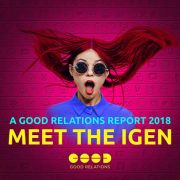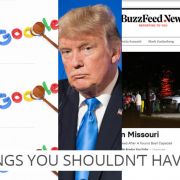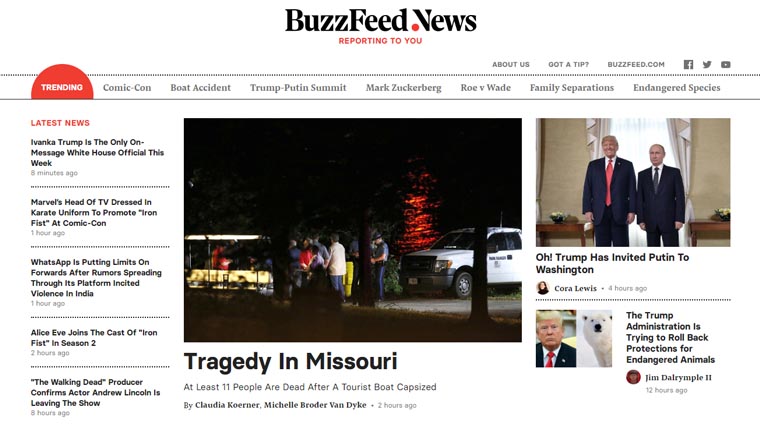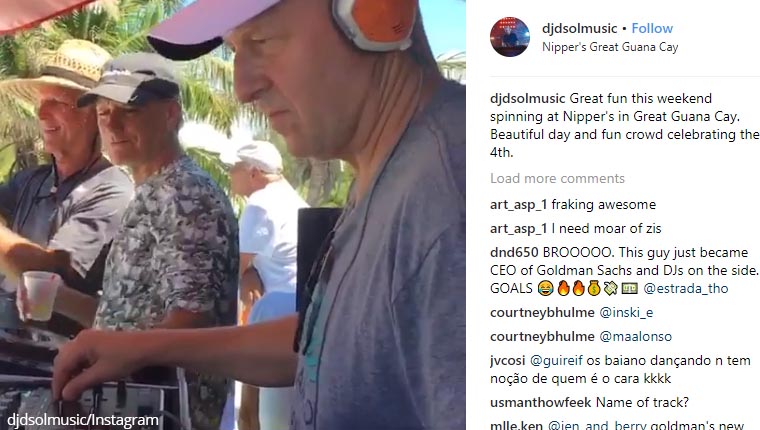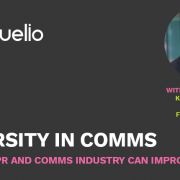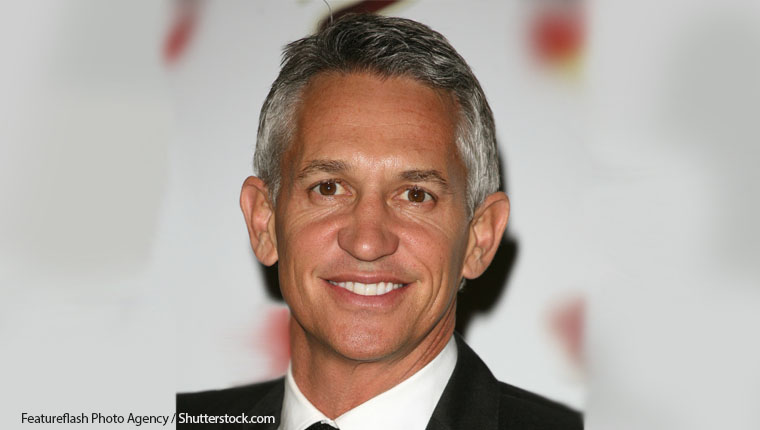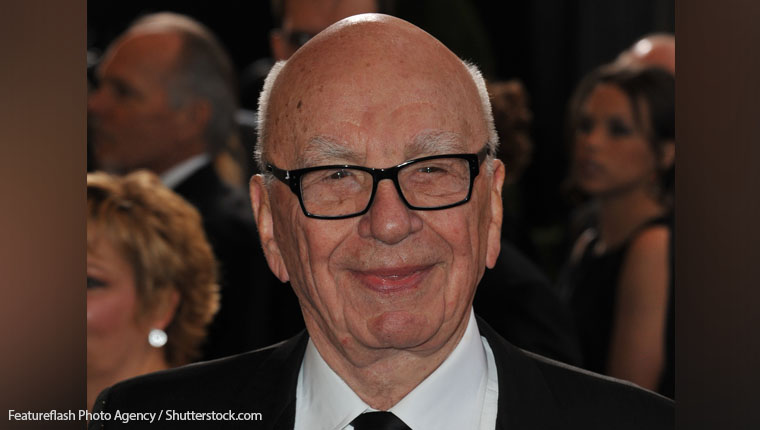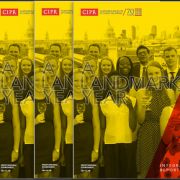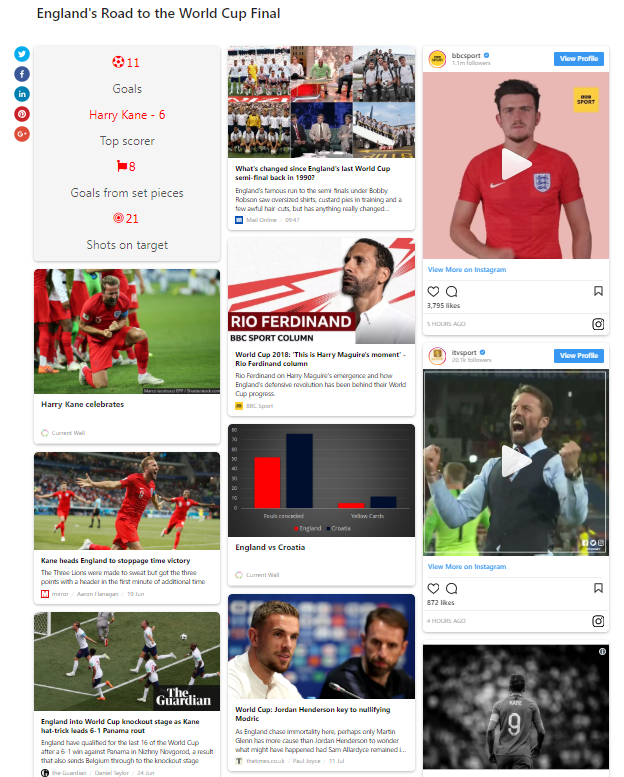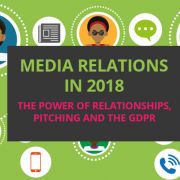Brands must give the iGen generation ideas to express themselves says Good Relations report
Do you know how to communicate and engage with the iGen? The latest report from Good Relations – Meet the iGen – provides invaluable advice on the importance of speed and relevance in brand comms. Here are the top five things comms and PR professionals should bear in mind when targeting the iGen demographic.
Brands can engage with consumers under 23 if they give them ideas to help them express themselves, says David Wiles, executive director, consumer at Good Relations, the PR and content agency.
His insight comes from a recent Good Relations report – Meet the iGen – which is based on the findings of a survey more than 1000 people, backed up by qualitative research with some 80 ‘iGeners’ between the ages of 16 and 21.
Wiles adds that there are five points communicators and PR professionals should bear in mind when they are getting messages out to people in the iGen (16-23 year olds born between 1995 and 2012) demographic group:
1. It’s not just playing with their phones, it’s augmenting their lives.
‘We know that the iGen have grown up with technology and this shapes how they see the world,’ says Wiles. ‘It also changes how they access content, which is changing how they communicate. They expect brands to keep up with these communication trends too.’
‘However, they are not just playing with their phones, they’ve integrated technology into their lives. They use their smartphones as the tool to better themselves and the world around them, not just as a vehicle to waste time and play Candy Crush. Brands must make sure they are building in their new reality, and communicating in their new language.’
2. They’re not just taking selfies, they are managing their personal brands.
Crafting and managing their own personal brand, as well as understanding their impact on society, are two of the key objectives for the next generation as they enter adulthood, says the Good Relations report.
iGen use social media as a tool by which to manage their personal brand, and believe that it determines a person’s future success – socially, professionally, and romantically.
‘Selfies may have started as a light-hearted tool of self-promotion, but actually, they exhibit a mindset that puts the individual at the core of personal brand. Emphasis on the self has never been stronger,’ Wiles explained. ‘Brands must be confident that they are giving the iGen ideas that are helping them to express themselves. Does your brand’s content express a sentiment that the iGen can relate to and share?’
3. They’re not vain, they’re worried about their careers, politics, and their future.
According to Wiles, if they don’t put the effort into curating their online personas, they are more likely to be bullied. This is leading to an increase in depression and anxiety. With 36% worried about bullying and 34% about trolling.
4. It’s not a short attention span, it’s an eight second filter.
‘With so much content available, they have had to develop incredible filters,’ Wiles adds. ‘This is called the eight second filter. iGens control so many accounts and channels that they are suffering from an attention diversion crisis which has changed how they observe life around them. Brands now only have eight seconds in which to grab consumers’ attention.’
5. They’re not consuming different things, just in different ways.
The content is largely the same, just consumed through different channels. Wiles explains: ‘They follow brands and watch TV just like everyone else. But they’re not waiting for Match of the Day, they’re watching it 24/7 on Copa90. They’re not turning to magazines for the latest beauty and lifestyle hacks, they’re getting it from their favourite influencers on Instagram and YouTube.’
He adds: ‘When it comes to engaging the iGens, the simplest and most useful thing a brand can focus on is adapting to the sheer speed of their communications. From the moment they wake up in the morning and go to sleep at night, their efficiency of communications and content consumption is, regardless of channel, neck-breakingly fast and highly reactive.’
- For a copy of the report, please email Josephine Colter at Good Relations.

